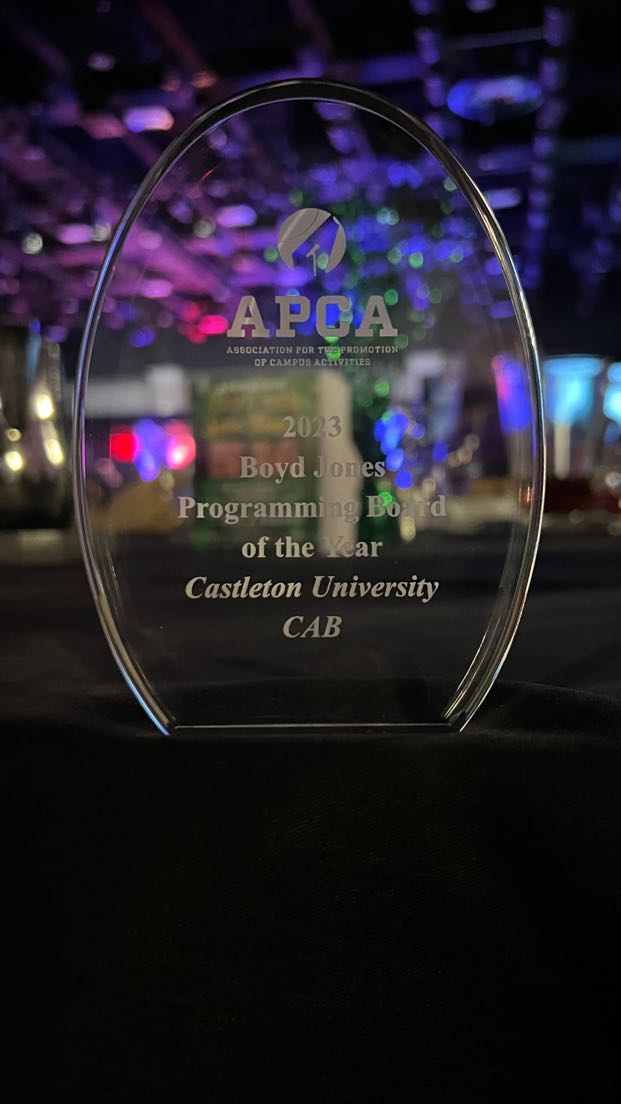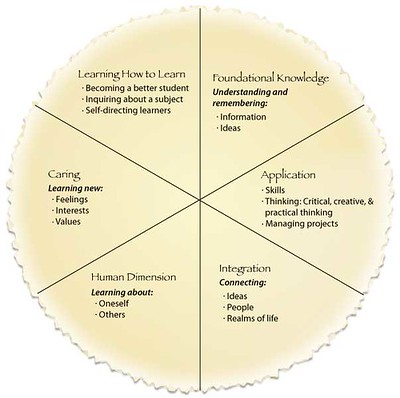Last week, the Castleton Mentors group took up an interesting question posed by one of our faculty members. Most of us likely adopted a certain amount of “flexibility” with students about, among other things, deadlines for submission of assignments. The faculty member asks (with some slight paraphrase from me): “I want to encourage resilience and self-efficacy in students — have I been too accommodating/compassionate?” But also “I also want to balance student needs/requests for flexibility with my own sanity and need to stay organized….”
To start off our discussion, I prepared an activity, and I’ll share it with you below as a reflective exercise. As a way to prepare for our meeting, I read through recent articles on the question of deadlines in the blogs and opinion essays published in Inside Higher Ed. Some of the most pertinent ones are listed below. You will see a brief snippet that provides a sense of the overall viewpoint of the article and also a link where you can go and read more.
I’m providing this research as some assistance for you if you are grappling with these or similar questions. But you can try it as an “active learning” exercise. Rate the following positions from “Most consistent with my thinking on deadlines” (1) to “Least consistent with my thinking on deadlines”(8). (If you’d like to learn more about this kind of activity, see this week’s post on “forced choice exercises“.)
__________. At the height of the pandemic, many faculty relaxed their expectations for the quantity and quality of student work. […] Despite grade inflation and the decline of time spent on homework, student-reported stress has soared. David Wippman and Glenn C Altschuler “Is College Too hard?” (Inside Higher Ed, Dec. 14, 2022)
__________. We must be honest with our grading. The F is a good grade that accurately measures a lack of success. And it is useful feedback for students. Louis Haas, “We Should Bring Back the F” (Inside Higher Ed, January 11, 2023)
__________. Late penalties are generally intended to do a few things: train students to get work done on time so they can succeed in the professional world, encourage them to stay on track in the course and help faculty members manage their workload. While these are all reasonable goals, late penalties can lead to intense anxiety for students and may not provide that much payoff for instructors. […] I decided to try a semester without late penalties […]. Amy Hasinoff, “Do Late Penalties Do More Harm Than Good?” (Inside Higher Ed, March 2, 2022)
__________. For students who’ve historically struggled in school, a series of low-stakes deadlines can be helpful in allocating time and effort. Matt Reed, “On Deadlines” (Inside Higher Ed, Feb 13, 2023)
__________. [T]he science says that a single, far-off deadline for a substantial assignment undermines traditional-aged students’ success, as their self-monitoring and self-regulation skills are still developing. Susan D’Agostino “’Procrastination-Friendly’ Academe Needs More Deadlines” (Inside Higher Ed, February 10, 2023)
__________. When I allowed for some flexibility with deadlines, students could plan around their school/work/life schedules and put in greater effort, increasing their engagement while hopefully also decreasing anxiety. John Warner “You Can’t Ignore that a Pandemic Happened” (Inside Higher Ed, May 18, 2022)
__________. [I]t is a mistake to use the “real world” rationale to enforce those deadlines when the real world doesn’t really work that way, especially when succeeding in the real world requires a more sophisticated ability to manage deadlines. John Warner, “Deadlines in the Real World” (Inside Higher Ed, Oct 7, 2019)
__________. I have never worked in any community where deadlines are as routinely disregarded as they appear to be in the academy. […] Regardless of the cause, when the routine, sometimes mundane business of the university is neglected or even just delayed, complications and stress cascade through the ranks, amplifying the problems that fellow faculty, staff, and even students must then deal with and solve. Nate Kreuter, “Essay on Academics and the Importance of Deadlines” (Inside Higher Ed, August 1, 2012)



